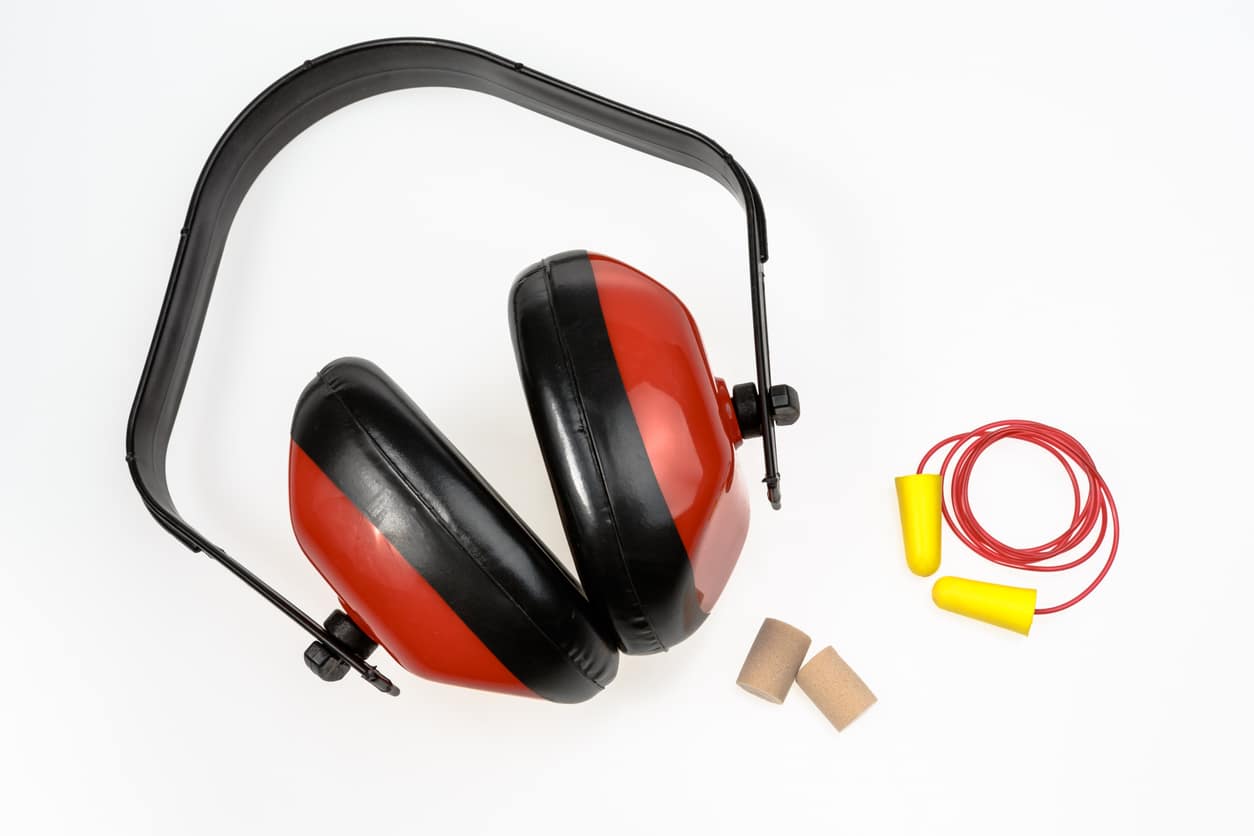Hunting and shooting are beloved outdoor activities for many people. These hobbies offer a chance to connect with nature and spend quality time with family and friends. However, they also come with the risk of damaging your hearing if proper precautions aren’t taken. In this post, we’ll explore ways you can safeguard your ears while enjoying these pastimes.
Understanding Dangerous Noise Levels

Sound is measured in decibels (dB), and when noise exceeds 85 dB, it has the potential to cause harm to the sensitive hair cells inside your inner ear. These cells are vital as they convert sound vibrations into electrical signals that your brain interprets as sound. Damage to these cells can lead to hearing loss.
Here’s a quick comparison of everyday sounds and their decibel levels, provided by the Centers for Disease Control and Prevention (CDC):
- Normal conversation: 60 dB
- City traffic: 80 dB
- Motorcycle: 95 dB
- Live music at a venue: 110 dB
- Close proximity to police sirens: 120 dB
- Fireworks: 140 dB
Firearms, including rifles and pistols, often generate noise levels exceeding 140 dB, with some even reaching above 175 dB. Exposure to these levels of sound can result in immediate and permanent hearing loss.
Shooting Safely to Protect Your Hearing
Fortunately, you don’t have to give up shooting to avoid hearing damage. There are several steps you can take to enjoy your hobby while keeping your ears safe.
Invest in Quality Hearing Protection
The most important measure to prevent noise-induced hearing loss is wearing appropriate hearing protection specifically designed for shooting and hunting. High-quality earplugs or earmuffs block out the deafening noise of gunfire while still allowing you to hear quieter sounds, such as voices or rustling leaves, ensuring you stay aware of your surroundings when out in nature.
Consider Using a Suppressor
Another option to reduce the noise impact is using a suppressor, commonly referred to as a silencer. Suppressors reduce the intensity of the gunshot by controlling the gases released during firing. While effective, these devices aren’t legal everywhere, so be sure to check the laws in your area before using one on your next hunt.
Take Regular Breaks
Even with the right hearing protection, prolonged exposure to loud noises can still strain your ears. To minimize the risk of hearing damage, it’s important to take breaks between shooting rounds. This gives your ears a chance to rest and recover from the exposure to high decibel levels.
For additional information on protecting your hearing or to schedule a consultation with a hearing professional, reach out to Southwestern Hearing & Balance. We can provide expert advice and help you find the best hearing protection solutions for your outdoor activities.
